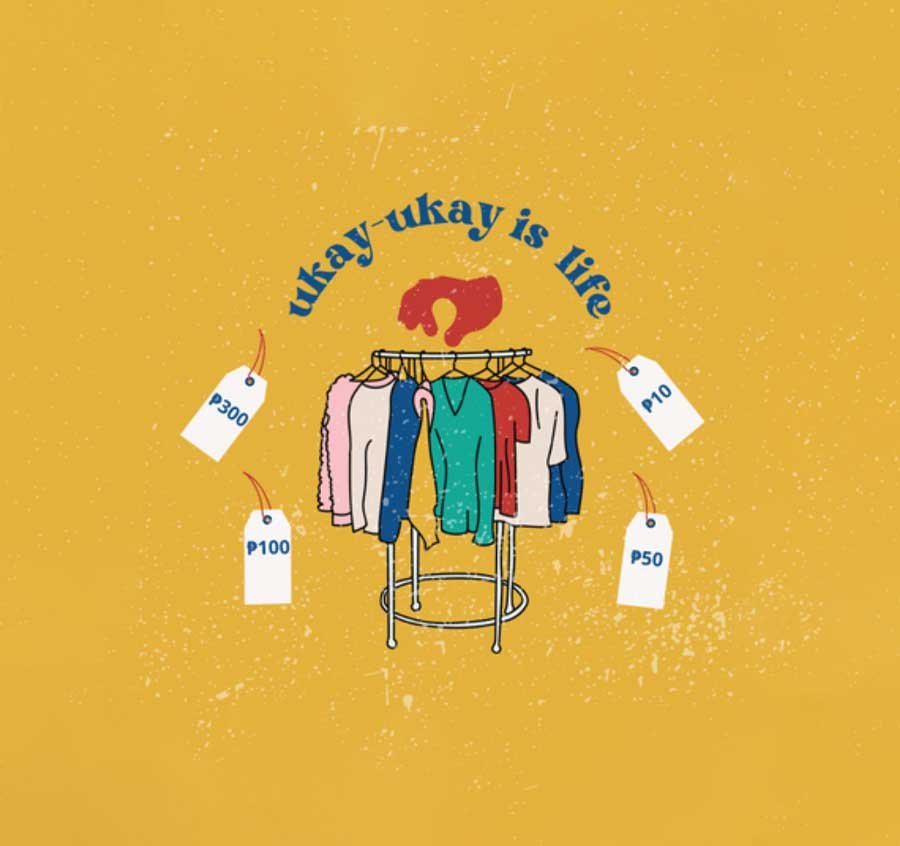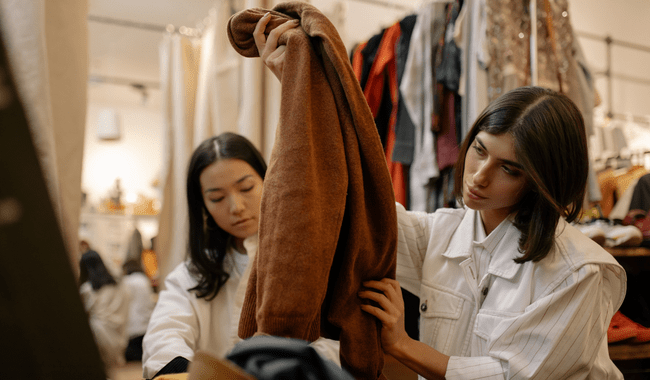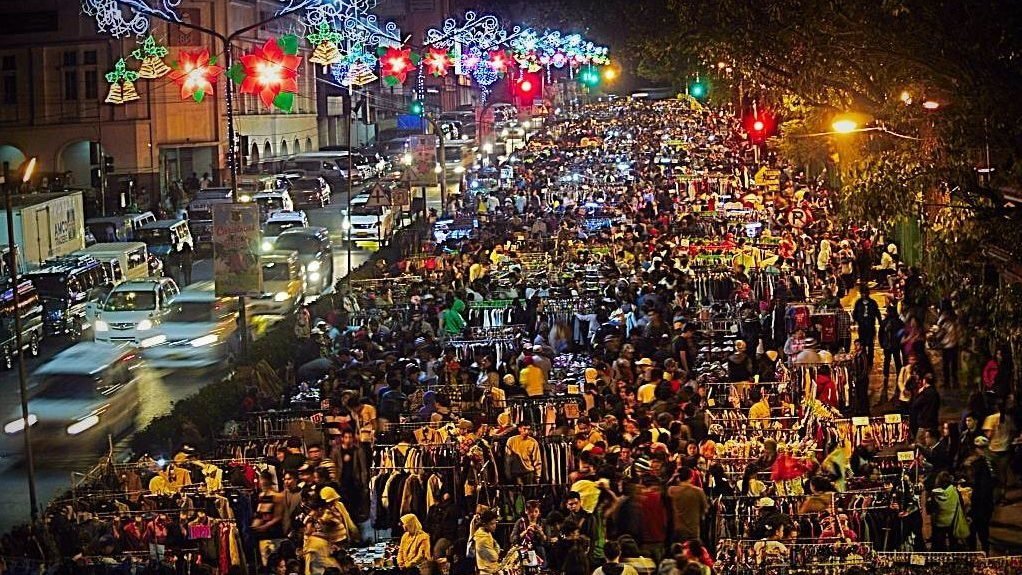OPINION: Imposing tax on ukay-ukay is a taxing issue

Attention thrift store enthusiasts! We may say goodbye to cheap ukay-ukay finds since the possibility of imposing a tax on these items is revisited.

Senator Raffy Tulfo proposed the legalization of ukay-ukay as the widespread selling of second-hand clothes keeps getting out of control in the country. Since 1966, the prohibition of commercial importation of textile articles ensued, in support of RA 4653 for health protection.
However, the shipment of thrift clothes disguised as donations could pass the eyes of the Bureau of Customs several times. Meanwhile, ukay-ukay may be considered illegal, but making revenue out of it goes against ordinary Filipinos in many ways.
Burden for ukay-ukay consumers
Ukay-ukay culture is instilled to Filipinos. We see numerous thrift stores on daily basis— when commuting via LRTs, when buying goods in the public market, or if we’re traveling to tourist spots like Baguio and Tagaytay. A popular gimmick, thrifting as a vlog content entertains a lot of fashion enthusiasts too. But then, ukay-ukay mainly targets the masses as consumers which include the farmers, minimum wage workers, and underprivileged individuals.

Hence, scoring 10 peso clothes would be impossible since imposing a tax on imported used clothes trickle down to pricier items. This matter will hugely affect the masses as their ability to buy cheap ukay-ukay will be taken away.
Other ukay-ukay consumers may have money to avail fast fashion, yet ordinary Filipinos struggle with their income. The proposed tax would be insignificant too since the foreign importers will just pass the tax to local consumers. So in reality, it further burdens the masses rather than smugglers.
Hurting local ukay-ukay sellers
A source of livelihood can be selling thrift clothes. Especially during the pandemic, when various ukay-ukay online shops emerged. Small business owners resort to ukay-ukay selling for it only requires low investment but guarantees a well amount of profit. It may be a tight competition but willing to risk it to generate income. Moreover, ukay-ukay business may also serve as a popular tourist attraction too which also boosts tourism, like in Baguio.

As a matter of fact, the effects to consumers of the proposed tax link with sellers. They will also receive the burden of the high pricing rate of ukay-ukay bales from importers. These small business owners wouldn’t have a choice but to add rates to the items for them to have an income. Meanwhile, the high probability of them closing their business is also predictable because of the expected little number of consumers. Ukay-ukay may be illegal but owners like in Baguio are already paying taxes for their business.
A harmful consequence to the environment
We are aware of how the Earth is currently in an alarming state. Thrift shopping not only contributes to aesthetic looks but rather a sustainable fashion too. This helps and saves the environment since practicing thrifting reduces the production of fast fashion and prevents further polluting the world.

However, if small business owners start selling pricier ukay-ukay while having few consumers, then Filipinos buying from fast fashion retailers would reach a high number. This fast fashion adds 1.92 million tonnes of textile waste every year which takes more than two centuries for it to decompose in landfills. Also, it generates greenhouse methane gas and toxic chemicals in soil and water. Thus, banning or imposing a tax on preloved clothes has detrimental effects on the environment.
Curiously, luxury watches are not subjected to excise tax, yet, planning to gain profits from thrift clothes that poor people avail. Instead of amending RA 4653, alternative solutions may be reviving the local fashion industry. Also, amidst the worsening crisis in the country, there are other pressing and logical issues that need to be quickly addressed. Because evidently, the proposal of imposing a tax on imported ukay-ukay entails how anti-poor the move is— leading to more depressing problems in the fragile state of our country.
Do you agree with this opinion? You can share with us your own take on ukay-ukay tax.





